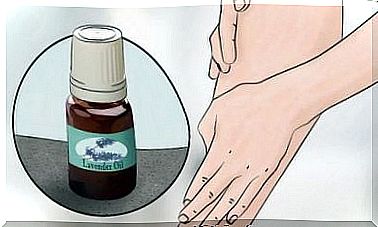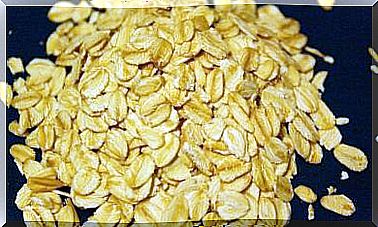Xenical, A Drug Against Obesity

Xenical is an anti-obesity drug. Its active ingredient, orlistat, works by reducing the absorption of fats ingested during meals by 30%.
How does xenical work?
The drug absorbs fats of food origin, without however altering the appetite, as do other drugs indicated for the treatment of obesity.
The fats consumed with food are dissolved thanks to the action of a group of enzymes, the lipases. The drug works by preventing them from dissolving some of the fats. The result is that 30% of ingested fat is eliminated in the faeces, without being metabolized.
Thanks to this mechanism of action, xenical helps to lose kilos and maintain the weight achieved. It can also mitigate some cardiovascular risk factors, such as hypertension, high cholesterol, and blood glucose.
When is it indicated?

It is indicated in obese people with a body mass index (BMI) equal to or greater than 30 kg / m2. It is also a viable option for overweight patients with a body mass index of 28 kg / m2 or more, provided they have other associated risk factors in addition to being overweight.
If at least 5% of the original weight has not been lost after three months of treatment with orlistat, treatment should be stopped.
Dosage
The usual dose in adults is 120 mg taken immediately before, during or up to one hour after each main meal.
According to studies conducted on orlistat, the main route of elimination is the faeces. Almost 100% of the xenical dose is eliminated, unchanged, in the faeces. The effect of the drug causes a noticeable increase in fecal fat after 24-48 hours.
When starting xenical treatment, a balanced and moderately low-calorie diet should also be followed. The meal plan must include a daily intake of fats, carbohydrates and proteins, distributed throughout the three main meals of the day.
When is the use of Xenical not indicated?
Like all drugs, this one also has some contraindications, including:
- Allergy. You cannot take orlistat if you are allergic to it or to another component of the medicine.
- Malabsorption syndrome.
- Children.
- Feeding time.
There are no studies on the effects of the drug on obese patients with liver and / or kidney disorders, as well as on children and the elderly.

Does it interfere with other drugs?
Xenical interferes with other drugs as it modifies the absorption of some active ingredients, altering their effect.
Cases of hypothyroidism with thyroid abnormalities may occur rarely. In fact, orlistat decreases the absorption of iodine salts or levothyroxine.
In addition, xenical reduces the absorption of antiepileptic drugs, causing seizures, and fat-soluble vitamins such as vitamin E and beta-carotene. It may therefore be useful to take a vitamin supplement in conjunction with xenical therapy. It is especially important to maintain a balanced diet rich in fruit and vegetables.
On the other hand, it enhances the effect of some drugs to lower cholesterol levels. Depending on the case, therefore, it may be necessary to adjust the dose.
Xenical could cause severe diarrhea, reducing intestinal absorption of contraceptives. In this case, supplementation with barrier methods of contraception is recommended.
Conclusions
Xenical promotes stable weight loss. At the same time, it helps lower cholesterol levels and other cardiovascular risk factors.
However, it remains essential to follow a low-calorie diet during therapy, accompanied by regular physical exercise. To find out more, contact your doctor or pharmacist.









